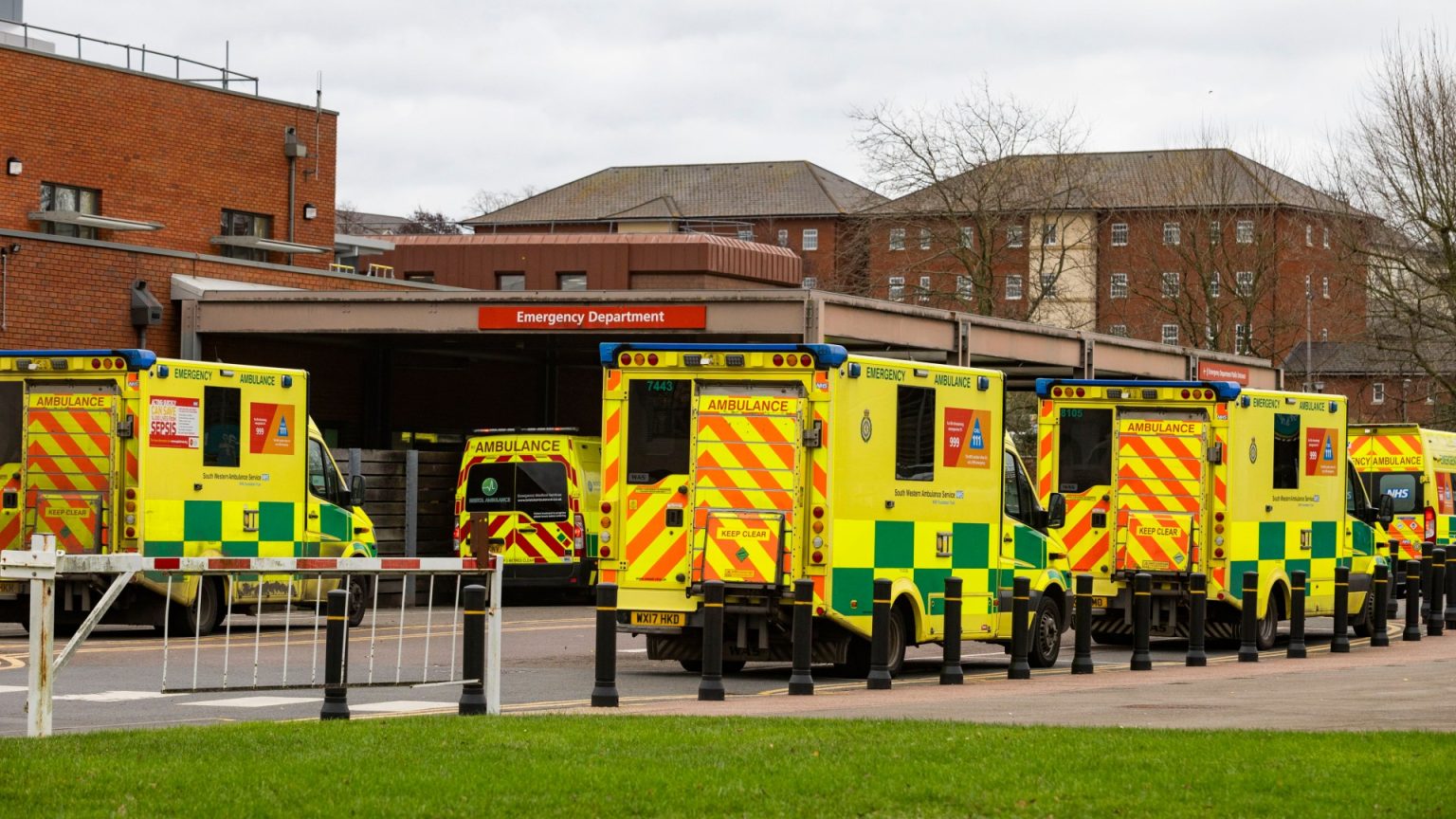The National Health Service (NHS) in the United Kingdom is grappling with an unprecedented surge in demand for emergency care, pushing hospitals to their limits and resulting in lengthy ambulance queues outside A&E departments. This crisis is attributed to a confluence of winter viruses, including a particularly virulent strain of influenza, COVID-19, norovirus, and RSV, collectively dubbed the “quad-demic.” Gloucestershire Royal Hospital, emblematic of the strain on the system, recently operated at its highest escalation level, requiring external intervention to manage the influx of patients and ensure safety. While the immediate crisis at Gloucestershire Royal has abated, the underlying pressures remain, with numerous trusts across the country reporting similar struggles. The public has been urged to utilize emergency services judiciously, reserving A&E visits and ambulance calls for life-threatening conditions.
The increased demand stems from a sharp rise in patients requiring admission for seasonal illnesses, particularly influenza. Many patients present with severe symptoms, necessitating intensive care or specialized respiratory support. Hospitals are implementing infection control measures, including cohorting patients in designated bays and wards, to manage the influx and mitigate the spread of infection. However, waiting times remain protracted, with patients at some facilities facing waits of several hours before seeing a clinician. This strain extends beyond emergency departments, impacting other hospital services and highlighting the widespread nature of the crisis.
Several hospitals across different regions of England are experiencing similar surges in demand. Salisbury District Hospital and Great Western Hospital in Swindon have issued warnings about their overwhelmed capacity, urging the public to explore alternative care options, such as GPs, pharmacies, and walk-in centers. They emphasize that emergency services should be reserved for genuine emergencies, while less urgent needs can be addressed through other avenues. Northern Lincolnshire & Goole NHS Foundation Trust echoed this sentiment, pleading with patients to avoid A&E unless absolutely necessary, directing them instead to primary care providers or the NHS 111 service.
The NHS is actively communicating with the public, providing guidance on appropriate healthcare utilization. They emphasize that NHS 111 is the preferred route for urgent medical advice when GP access is unavailable, reserving A&E for life-threatening situations such as loss of consciousness, chest pain, severe bleeding, and major trauma. Less severe injuries are directed to urgent care centers or minor injuries units. Southampton General Hospital, facing over 400 daily emergency department visits, stressed the criticality of reserving A&E for life-or-limb-threatening cases, highlighting the limited bed availability due to the influx of patients with infectious diseases. They also requested visitors to refrain from visiting hospitalized loved ones if exhibiting any signs of illness.
The widespread nature of this crisis is further underscored by Walsall Healthcare NHS Trust in the West Midlands, which also declared a critical incident due to the surge in respiratory illness cases. This coincides with a cold health alert issued by the UK Health Security Agency (UKHSA), warning of potential increased healthcare utilization by vulnerable populations. The alert underscores the severity of the situation and the potential for further strain on already stretched resources.
NHS officials attribute the immense pressure on services to the simultaneous circulation of multiple viruses, creating a “quad-demic” effect. This confluence of influenza, COVID-19, norovirus, and RSV is driving unprecedented demand, exceeding typical winter surges. The early onset and potential severity of the flu season are particularly concerning, compounding the existing challenges. While NHS staff are working tirelessly to manage the crisis, the anticipated peak of seasonal viruses has yet to arrive, raising concerns about further escalation in the coming weeks. The NHS continues to emphasize the importance of utilizing appropriate healthcare pathways, urging the public to seek advice from community services like GPs and pharmacies for non-emergency needs, reserving emergency services for life-threatening situations. This multifaceted approach aims to alleviate pressure on overwhelmed hospitals while ensuring timely and appropriate care for all.




